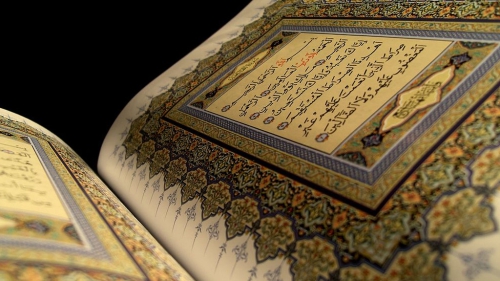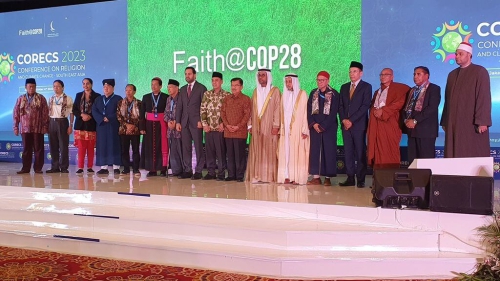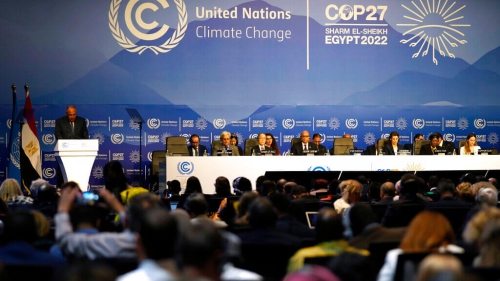Environmentalist!

"So eat and drink of the sustenance provided by Allah, and do no evil nor mischief on the (face of the) earth. (2:60)"
Protecting the environment, respecting animals and plants, and preserving the natural resources are an integral part of the Muslim belief and behavior. In fact, Quran dedicates more than 750 verses (more than 10% of its content) to the natural phenomena. Neither any holy scripture nor any man-made documentation has a parallel to the Quranic emphasis on environment.
Preserving the environment is an Islamic duty and not an option for a Muslim. Those who do not adhere to the Islamic demands may need help of the "no animal testing" labels or disclaimers appearing on everything we encounter each day.
The Vicegerent accepted which was declined by the heavens, the earth, the mountains, and all other creatures. It is not a simple responsibility indeed. The Quranic teachings and Prophetic traditions are not concepts and theories but are innately practical. They help the humanity to live in harmony with each other and with their Creator. These teachings also place environment in its perspective and its proper relationship with humanity.
Muslims are instructed to plant trees, refrain from waste, treat animals kindly, keep newly-born creatures with their mothers, revive dead land, honor food, protect soil, preserve water, etc. These are but few pearls of wisdom from a vast reservoir of Hadith collections. We often recall the Hadith about "a woman who was punished for a cat which she confined. She never gave her food and water, nor let her go out to eat of the bugs of the land. Consequently the cat dies. So the woman entered the fire." (Bukhari)
This non-compromising attitude towards preserving the environment is not a naove position instructing Muslims to remain passive. Instead, Islam permits an active manipulation of the environment when it is deemed, with all sincere intentions and due diligence, to benefit humanity and to guarantee sustainability. At the time of the Prophet, farmers tried 'hand pollinating' palm trees for a higher yield rather than let the air or insects (naturally) pollinate them. Because the Prophet preferred the natural process to take its course, they stopped but ended up with a lower yield. When the beloved Prophet was apprised of the situation, he encouraged them to resume the hand- pollination, as the higher yield would benefit humanity.
From this and numerous other cases, we learn that Islam is pragmatic in all facets of life including the environment. It is based on the paradigm of "La Darar Wa La Dirar", where one does neither get engaged into nor inflict harm on anybody or anything. Within this understanding, respecting all that is created by Allah becomes an act of worship. A Muslim is thus elevated to being the vicegerent of Allah, taking care of His wonderful creations and not destroying it. Live Simply so others may simply live!

















